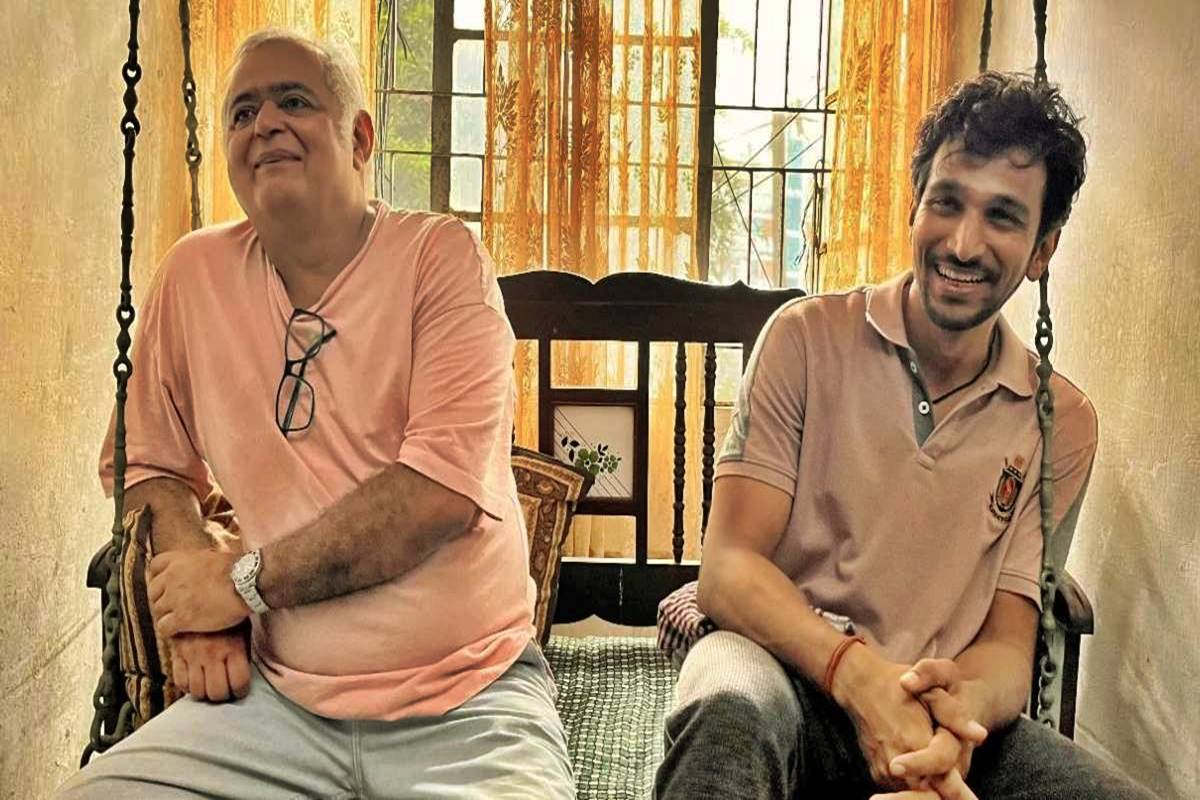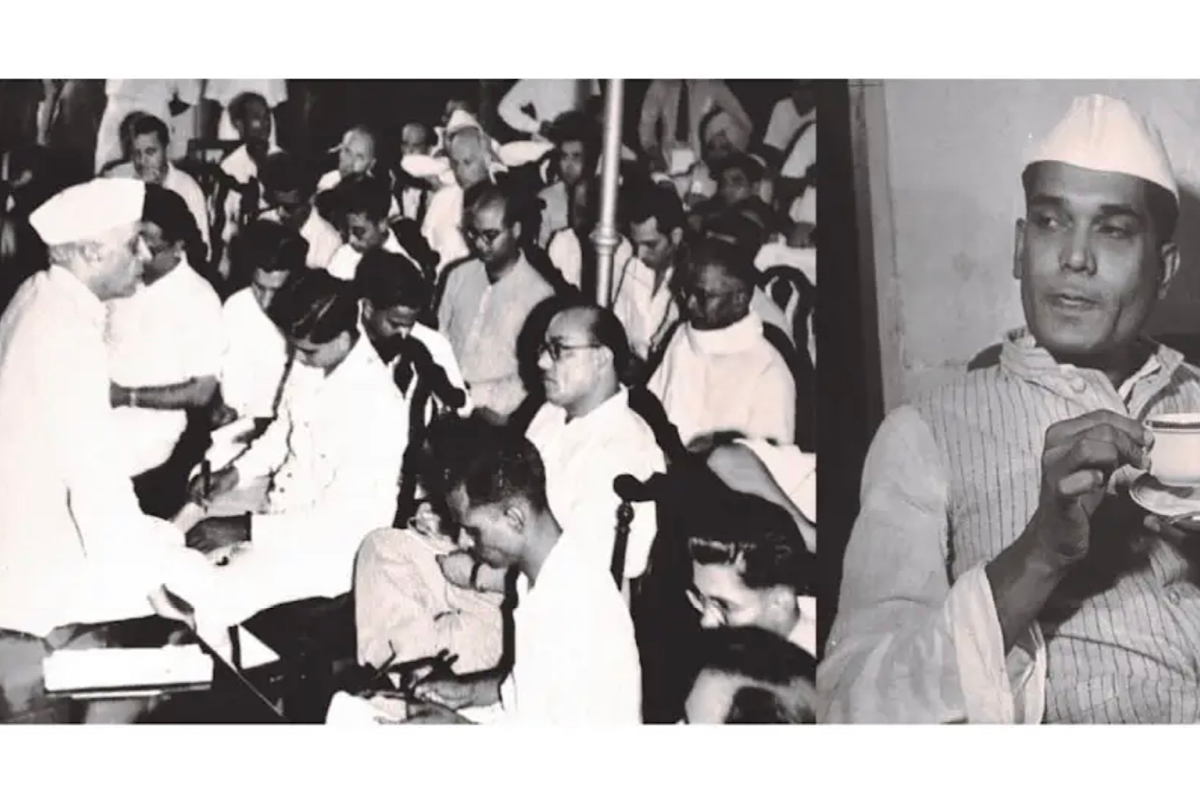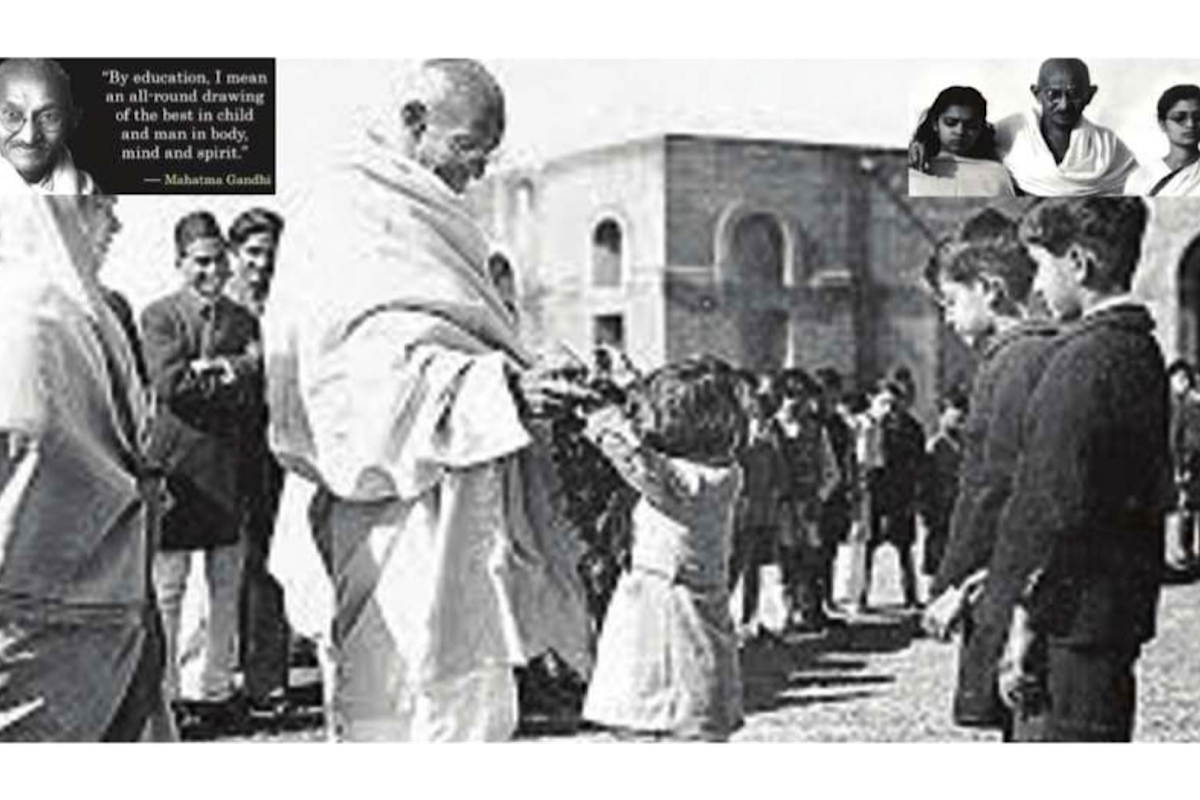Hansal Mehta’s ‘Gandhi’ starring Pratik Gandhi and Addinath Kothare, to release mid-next year
Hansal Mehta's upcoming web series 'Gandhi,' featuring Pratik Gandhi and Addinath Kothare, explores the transformative years of the iconic leader.

Hansal Mehta's upcoming web series 'Gandhi,' featuring Pratik Gandhi and Addinath Kothare, explores the transformative years of the iconic leader.

On a train to Gaya, on 4 March 1953, Jayaprakash Narayan was writing a letter to a person whom he addressed as 'Bhai'. Like Dada in Bangla, Anna in Tamil, Bhai in Hindi is a term of respect for an elder brother.

Ethical values are very critical for growth of a nation and individual. No wonder now there is emphasis on ethics both in the corporate sector and also in the governmental sector. So much so now there is a paper on ethics for the Civil Services. But ethical values can be inculcated and not learnt. They have to be internalised. They can be imparted through personal and exemplary conduct and not preached, but practised. Gandhi emphasised on ethics and so does the New Education Pol

Noted filmmaker Anees Bazmee, who attended the launch of the teaser of the upcoming web series ‘The Ghost of Gandhi’,…

After the implementation of paid subscription service which charges USD 8 for a blue verification badge on the microblogging site,…
Senior Advocate Sajan Poovayya, who appeared for Twitter informed the Court that Rahul Gandhi's tweet violated our policy also, we have already removed that tweet and his Twitter account was also blocked.
MoS home, Ajay Mishra Teni denied his son, Ashish Mishra Monu's presence at the site of violence, adding that some miscreants merged with protesting farmers and pelted the stones on the car which lead to the 'unfortunate incident'.
Gandhi envisioned a world that would evolve towards peace and harmony ~ a world where different religions, cultures and peoples of the world would live together with mutual respect and tolerance, rather than in suspicion and animosity. The lessons, gleaned from Gandhi‘s life offer us invaluable advice on leading an enlightened life ~ a more meaningful, self-aware, socially responsible and saner life
The book/booklet comprises of 20 short chapters and is written in a form of dialogue between the Editor- heavily implied to be Gandhi himself ~ and the Reader, who is evidently modelled on Savarkar, for he is clearly described as a terrorist dedicated to violent action. The Editor answers the Reader‘s questions about British colonialism, the emerging Indian nationalist movement, the kind of civilization that Indian should try to build, and the means they should use to do so.
While centralisation can‘t be sustained and defended without adequate force, Gandhi regarded decentralisation as an essential corollary to non-violence. He insisted that such decentralisation would be possible only in a predominately non-industrial society with the self-sufficient village as the primary unit.